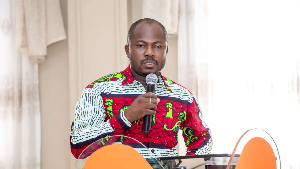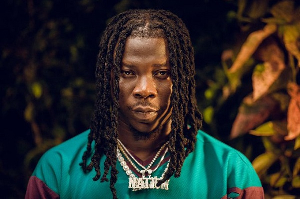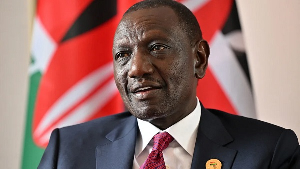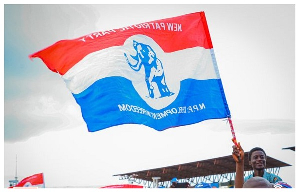The proposed establishment of the Development Bank Ghana is a good move to help infrastructure development; but government, on the other hand, could have repositioned a bank like the National Investment Bank (NIB) to serve the same purpose, Banking Consultant, Nana Otuo Acheampong has argued.
He said: “I support the idea of having a development bank; but in a way it was possible to clean NIB to be refocused on developmental banking, to the extent of strengthening or repositioning it to serve that purpose. This would have been a cheaper option rather than the establishment of a completely new bank”.
Presenting the 2020 Mid-Year Fiscal Policy Review and Supplementary Estimate on the floor of Parliament, Finance Minister Ken Ofori-Atta stated that government is working with KfW, the World Bank, AFD and European Investment Bank (EIB) to operationalise the Development Bank Ghana (DBG) by September 2020.
He said the Bank will focus on transforming the industry, agriculture, agro-processing, and housing and mortgage sub-sectors of the economy over the medium-term. “It will serve as a promotional bank for the country, with a focus on mobilising medium- to long-term funds and channel them into the economy through the financial system as a wholesale bank. It will deploy products and instruments such as credit guarantee funds, refinancing of Participating Financial Institutions (PFIs) loans, term loans, business development services, and factoring, among others.”
Funding of DBG
According to the Finance Minister, the proposed Development Bank has generated keen interest from major international financial institutions willing to provide funding for its establishment – indicating that the combined resources from the international institutions will amount to about US$500million by December 2021.
The Banking Consultant in an interview with the B&FT said: “Since it’s not our money being used to establish the Development Bank Ghana but from that of development partners, it might be quite understandable if that is the option they proposed. These partners may demand to start on a clean sheet”.
The Bank is also expected to source funds from the domestic, regional, and international capital markets through periodic issuance of bonds, diaspora instruments, and direct borrowing. Nana Otuo Acheampong commended government for the path chosen to resource the Development Bank, including existing grey areas, rather than committing state funds into it.
“These have been available throughout, but probably we haven’t taken much cognisance of them. Listing on the stock exchange is a good idea; and another untapped area that has been identified is the diaspora instruments. The diaspora is a green and huge investment source that government must explore for many development initiatives,” he said.
Government says the Development Bank Ghana is being positioned as a post-COVID-19 recovery institution, learning from the experience of KfW and Development Bank of Singapore among others which were critical institutions for the transformation of their respective countries. DBG will be regulated by Bank of Ghana, with a competitively selected independent Board and Management.
Click to view details



Business News of Wednesday, 12 August 2020
Source: thebftonline.com

















